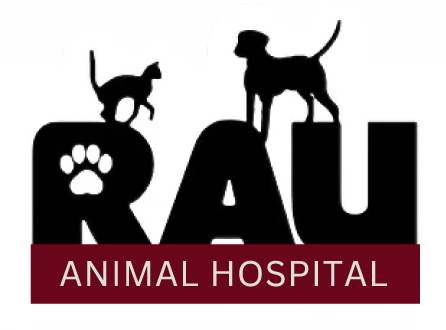If you have ever had to give your dog a medication, you know just how beneficial food treats can be. Additionally, we know just how much pet parents love spoiling their furry friends with the occasional treat – especially peanut butter!
With the rise of a specific line of peanut and other nut butters ? Nuts ‘N More ? pet owners everywhere need to be very cautious about which peanut butters they are feeding; as this particular peanut butter contains a natural sweetener that is extremely toxic to dogs. This sweetener is called xylitol.
What is Xylitol, and is it safe for dogs?
Xylitol is a natural, sugar-free sweetener found in many chewing gums, mints, sugar-free foods, oral rinses, toothpastes, and OTC supplements (e.g., sugar-free multivitamins, fish oils, etc.). For humans, xylitol has many health benefits because of its ability to prevent cavities, tooth decay, and serve as a sugar substitute for people with diabetes. For dogs, however, xylitol is extremely dangerous — even in small amounts.
In dogs, an ingestion of as little as 0.1 gram (g) of xylitol per kilogram (kg) of body weight (0.1g/kg) can cause a rapid and extremely dangerous drop in a dog’s blood sugar — this condition is a called “hypoglycemia”, or low blood sugar. Symptoms of hypoglycemia include: loss of appetite, blurred vision, disorientation and confusion, weakness, or restlessness. Larger ingestions of xylitol can lead to liver failure, in some cases.
What are the symptoms of xylitol toxicity?
Symptoms of xylitol toxicity include: weakness, lethargy (depression), collapse, vomiting, tremoring, seizures, black-tarry stool, and even coma or death.
What should I do if my pet ingests xylitol?
If you think your dog has ingested xylitol, contact your veterinarian or a pet poison hotline, such as Animal Poison Control or Pet Poison Helpline, IMMEDIATELY! Xylitol can cause signs within 10 minutes of when it is ingested.
So, can I give my dog peanut butter?
Yes! But – before giving peanut butter (or any human foods) to your pet, be sure to read the label to ensure that your furry friend’s “snack” does not contain any harmful ingredients.

